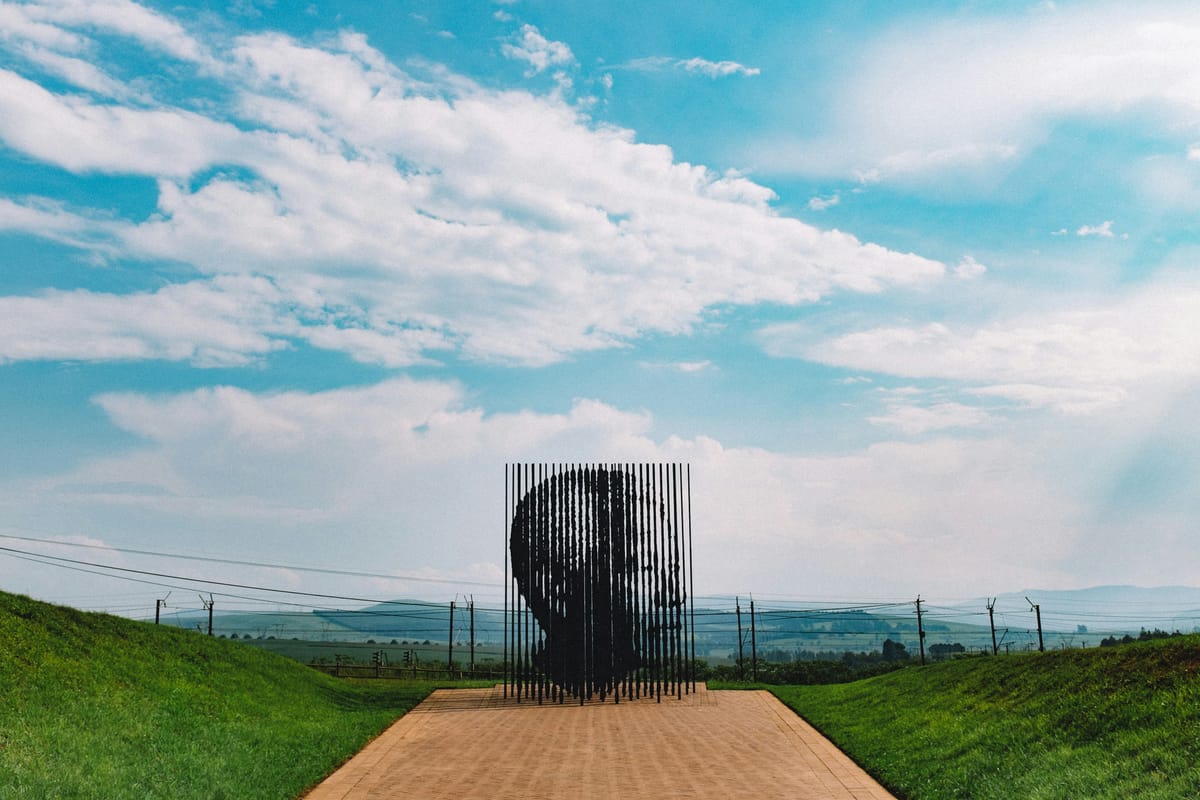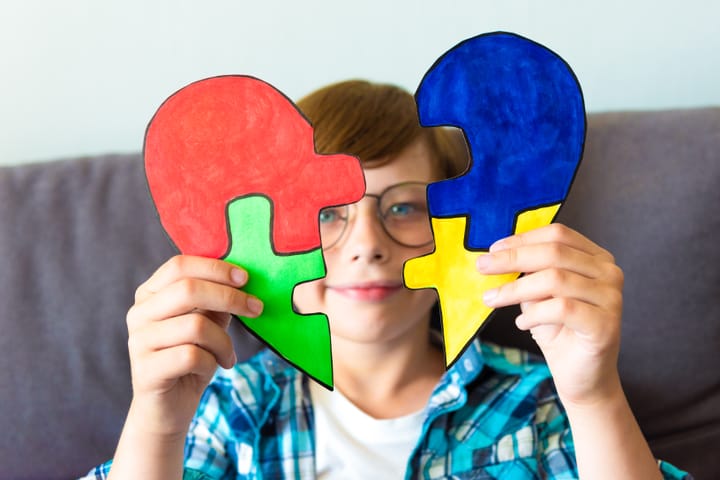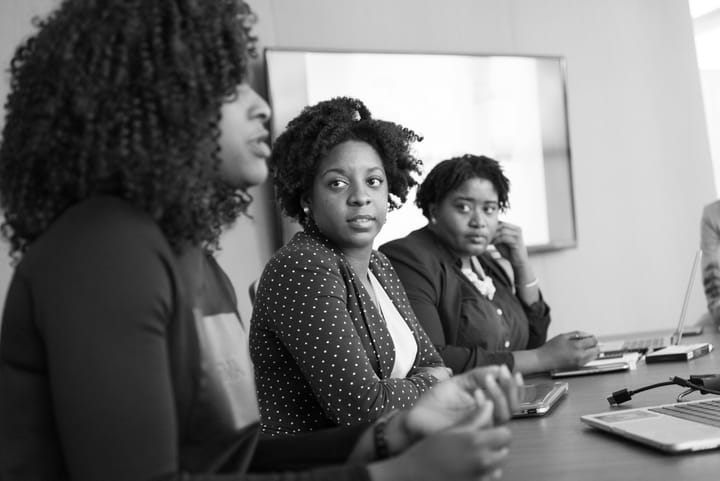Five reasons why “moral regeneration” failed in South Africa

Piet Naudé is a former Professor of Ethics at Stellenbosch Business School and currently a Director of Quality Services at the European Foundation for Management Development (EFMD)
The month of July is appropriately designated as “Moral Regeneration Month” as it relates to the birthday of Nelson Mandela on 18 July. As newly elected president of South Africa in 1994, Mandela quite rightly understood that we cannot move from apartheid into a new constitutional dispensation without a fundamental moral re-orientation.
Two years later in 1996, core values were incorporated into the Preamble to our Constitution. After a Moral Summit in 1998, the Moral Regeneration Movement (MRM) was launched in April 2002. Its work led to the Charter for Positive Values adopted also in the month July, 2008.
There is no doubt that we made certain moral gains, specifically related to the acceptance of a democratic dispensation based on free and fair elections. But the overwhelming evidence is that the laudable moral regeneration efforts by the MRM and others did not produce the expected results.
Moral regeneration is a multi-faceted and complex process. To simplify, I note five reasons why moral regeneration in South Africa mostly failed over the last 30 years:
1. A general and fatal mistake in ethics is the assumption that well-formulated moral statements will guarantee an improvement in ethical compliance. Enormous energy is spent on fine-tuning values statements, codes of conduct, declarations of intent, and charters of all sorts.
But for these to have any effect, they must be accompanied by clarity about expected behaviours which are demonstrated consistently by competent and ethical leaders with immediate social or legal sanction in case of deviations.
Where values are not embedded in culture and conduct, the distance between feel-good statements (including a constitution) and the reality on the ground becomes very difficult to bridge. Over 30 years, South Africa developed a serious condition of moral dissonance between who we profess to be and who we actually are.
2. A gross error was the naïve alignment of the MRM with the ruling political party of the day. Back in the late 1990s - in the towering presence of Mandela and Tutu - this was understandable. But to make the deputy president of the country the patron of the movement and let the offices of premiers act as primary conduits of moral regeneration activity, seriously compromised the integrity of the movement itself.
Yes, politics is an important social system. But – because of its own rules about power and position and maintaining electoral support via half-truths and empty promises – it is not a system known for its integrity.
In our case, this was a disaster. The idea that a party that corrupted state institutions for personal enrichment could “self-correct” is morally speaking a non-starter. A wider movement is required that includes politics, but with enough distance to critique and walk away if necessary.
3. Much is written about our failed education system. Schools are also moral communities in at least two ways:
First. Teachers have the contractual and moral obligation to equip our children with adequate knowledge to function as literate citizens. But through either incompetence or lack of commitment, the measured educational outcomes consistently put us at the bottom of the rankings.
Our young people then leave school, fundamentally handicapped to find gainful employment in a tough economic environment with unemployment just over 45%. This is a betrayal of trust.
Second. “Moral” comes for the Latin word mores which means “habits” or “conventions”. Rule-based ethics always needs virtue-based persons. Schools have the moral duty to instil good habits and render us young adults with an inner moral compass and a sense of responsibility to the common good.
We do not want to reinstate Christian-National education, but to assume that education is morally neutral, is a fundamental erroneous judgment.
4. One of the most vicious obstacles for moral regeneration is the repurposing of ubuntu by businesspeople and politicians. Ubuntu roughly means “I am a person through other persons” and “I pursue my private benefit always in relation to the public good.”
Although ubuntu originated in the clan context of traditional African communities, it progressively transcended to become a universal human claim.
What cynical people have done, is to repurpose ubuntu in three ways:
First, is to stoke tribal identity politics, taking us out of the universal realm back to the blood family.
Second, is to redefine “the clan” as my cadre-deployed comrades or tenderpreneur-enablers. Ubuntu then means I steal from the public good to enrich myself, but in the name of ubuntu, i.e., “people helping one another to eat a little.”
Third, if someone is caught out, the call is not to be harsh in consequences as we stand with one another “in the spirit of ubuntu”. (Check the egg-dances around step-aside policies).
5. A sad observation is that crass materialism turns liberators into images of their colonial masters. “Yes, we did not join the struggle to be poor.”
South African society has shifted its granting of social esteem from those serving the public good (nurses, teachers, police-people, journalists, artists) to those who flaunt their wealth.
It is a deadly mixture of greed and pursuit of social power that collapsed so many companies (think Steinhoff, VBS) and SOEs (too many to list) over the last few years.
Metaphorically speaking, a red overall looks like a dedication to the working class and the poor, but below there are designer clothes. Ill-gotten wealth and power make one blind to one’s own moral duplicity and to one’s betrayal of broader interests but your own.
We have chosen to confirm material wealth as prime indicator of success and esteem. Morally speaking, we have created a runaway (gravy) train which is very difficult to stop.
In 1994 Madiba said “out of the experience of an extraordinary human disaster that lasted too long, must be born a society of which all humanity will be proud. Our daily deeds as ordinary South Africans must produce an actual South African reality that will reinforce humanity’s belief in justice, strengthen its confidence in the nobility of the human soul, and sustain all our hopes for a glorious life for all” (MRM website).
Sadly, not much of this is evident in our country today.


